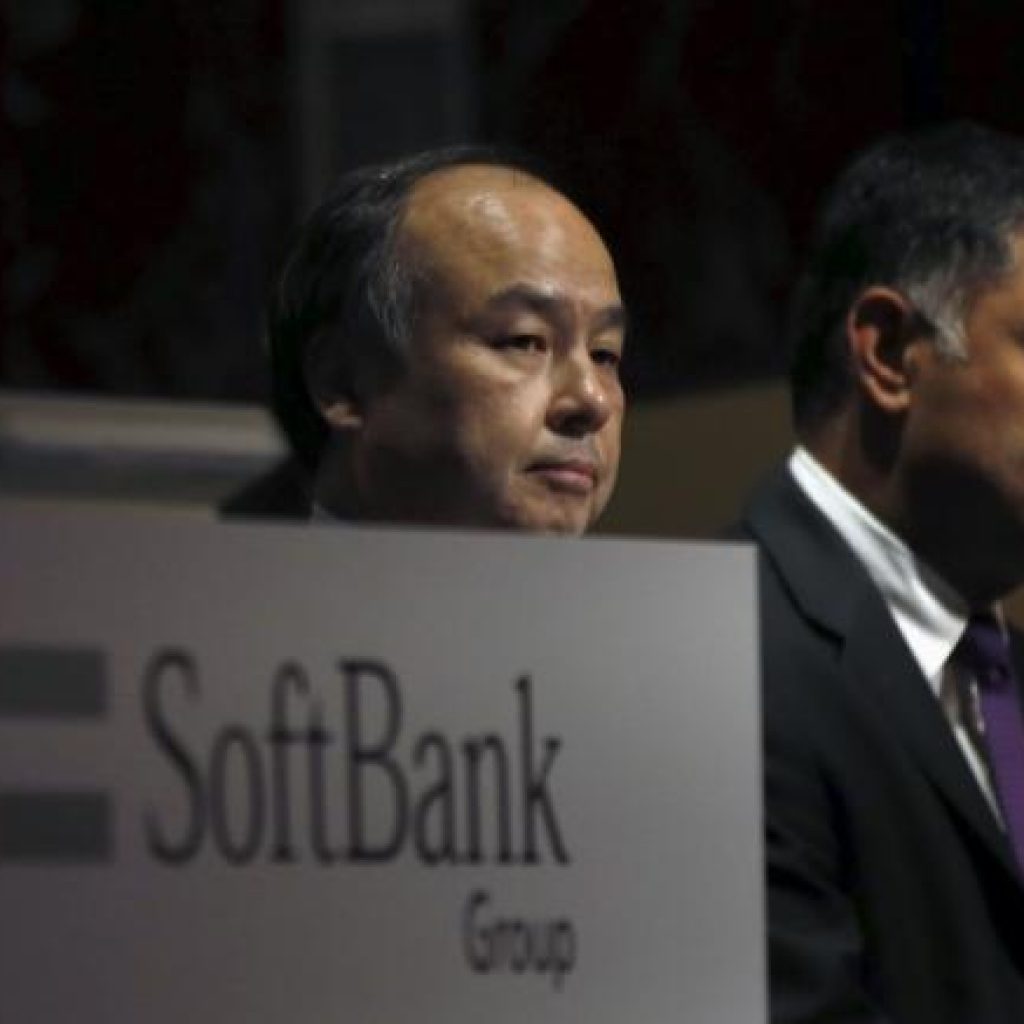
Chris Lane thinks investors haven’t realised what Masayoshi Son is trying to do at SoftBank Group Corp.
The Sanford C. Bernstein analyst just initiated coverage of the Japanese company with an “outperform” rating and a forecast that shares could rally 36% over the next year. Investors still see SoftBank as primarily a telecommunications company, he says, even though its core business is investing in technology.
There are similarities to Berkshire Hathaway Inc., the US company led by Warren Buffett, he explains. While Berkshire uses cash from its insurance business to invest in railroads, ice cream shops and Coca-Cola, SoftBank taps cash from its telecoms operations to back startups in ride-hailing, artificial intelligence, e-commerce and robots. Yet SoftBank trades at a discount of more than 40% to the assets it owns, while Berkshire has little or no such markdown.
“The discount is ridiculous,” Lane said in an interview after his report was published. “What’s unusual about SoftBank is that there’s a 40% discount across the group.”
Conglomerates tend to trade at lower values than their individual assets, but SoftBank’s is particularly deep. Lane contends that businesses it controls completely, like the Japanese telecom operations, shouldn’t be valued lower than their market value. He estimates the sum of SoftBank’s parts have an enterprise value of ¥31.7 trillion ($280 billion), or ¥18.3 trillion after subtracting debt. Its market cap is about ¥11 trillion.
Investors may be leery of Son’s deal-making. He has a history of cutting huge acquisitions often with enormous premiums — like the $32 billion purchase of chipmaker ARM Holdings Plc. Much of that deal spree is fuelled by aggressive borrowing, a big reason why SoftBank labours under a junk debt ranking.
“Investors are wondering whether that was a one off because ARM is a unique asset,” said Lane. “Or is that an example of reckless dealmaking because they’ve got $100 billion that they have to spend quickly?”
SoftBank has backing from most analysts. Of the 24 covering the company, 22 have buy ratings, according to data compiled by Bloomberg. Two analysts have hold ratings, and none recommend selling the shares.
Son has stepped up his deal-making since unveiling plans for a $100 billion investment fund, with backing from Saudi Arabia, Apple Inc. and others. He’s put money into robots, artificial intelligence, microchips and satellites, sketching a vision of the future where a trillion devices are connected to the internet and technology is integrated into humans.
“Over the last 10 years, an investment in Berkshire Hathaway has produced total shareholder returns of 129%. An investment in SoftBank at the same time would have generated returns just over 305%,” Lane wrote in the report. “Whereas investors trust Buffett’s instincts and understand his value investing approach, they fear Masa’s big bets on the future.” Bloomberg
